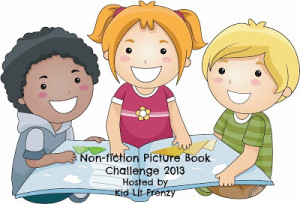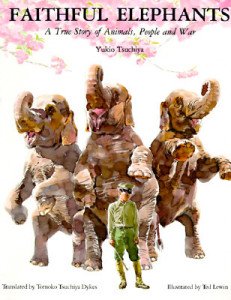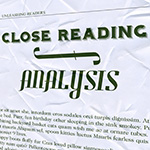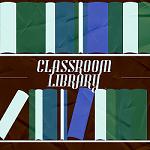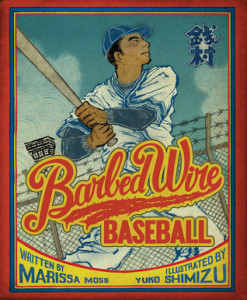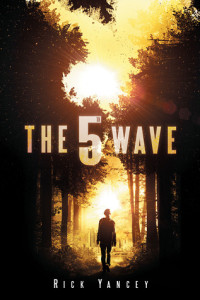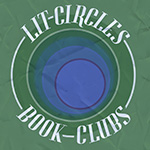Nonfiction Picture Book Wednesday
Nonfiction Picture Book Wednesday is hosted by Kid Lit Frenzy and was started to help promote the reading of nonfiction texts. Most Wednesdays, we will be participating and will review a nonfiction text (though it may not always be a picture book).
Be sure to visit Kid Lit Frenzy and see what other nonfiction books are shared this week!
Faithful Elephants: A True Story of Animals, People, and War
Author: Yukio Tsuchiya
Translator: Tomoko Tsuchiya Dykes
Illustrator: Ted Lewin
Published October 30th, 1997 by HMH Books for Young Readers
Goodreads Summary: A zookeeper recounts the story of John, Tonky, and Wanly, three performing elephants at the Ueno Zoo in Tokyo, whose turn it is to die, and of their keepers, who weep and pray that World War II will end so their beloved elephants might be saved.
My Review: I picked up this book as soon as I read that Jillian Heise thought that it’d be a good companion to Endangered. I read aloud Endangered with my 8th graders last year, and I trusted that Jillian knew what she was talking about. The subtitle warned me that this picture book would definitely not be a cheery one, but I could not have prepared myself for how emotional the book actually was. The lyrical writing and soft, watercolor illustrations add to the intensity of the story. Be warned: tears will happen.
Teacher’s Tools For Navigation: This book not only would be a perfect companion to Endangered, it is definitely a wonderful picture book to lead to deep discussions in the classroom. Children are always very emotional about books pertaining to animals, so I know they will have an intense opinion about what happens in this book. As the zookeepers kill the animals to protect the city in case of a bombing, students will definitely disagree with this decision and this will lead to a great debate. The story also lends itself towards discussions about animal emotions and abuse as well as cause and effect discussions.
Discussion Questions: In what ways is the story of the elephants in Faithful Elephants similar to the story of the bonobos in Eliot Schrefer’s Endangered?; Was there an alternate solution that the zookeepers could have considered for the elephants?
We Flagged: “Not far from the cheerful square, there stands a tombstone. Not many notice this monument for the animals that have died at the Ueno Zoo. It is quiet and peaceful here, and the sun warms every corner.” (p. 8)
Read This If You Loved: Endangered by Eliot Schrefer, The One and Only Ivan by Katherine Applegate, The Outside of a Horse by Ginny Rorby
Recommended For:
